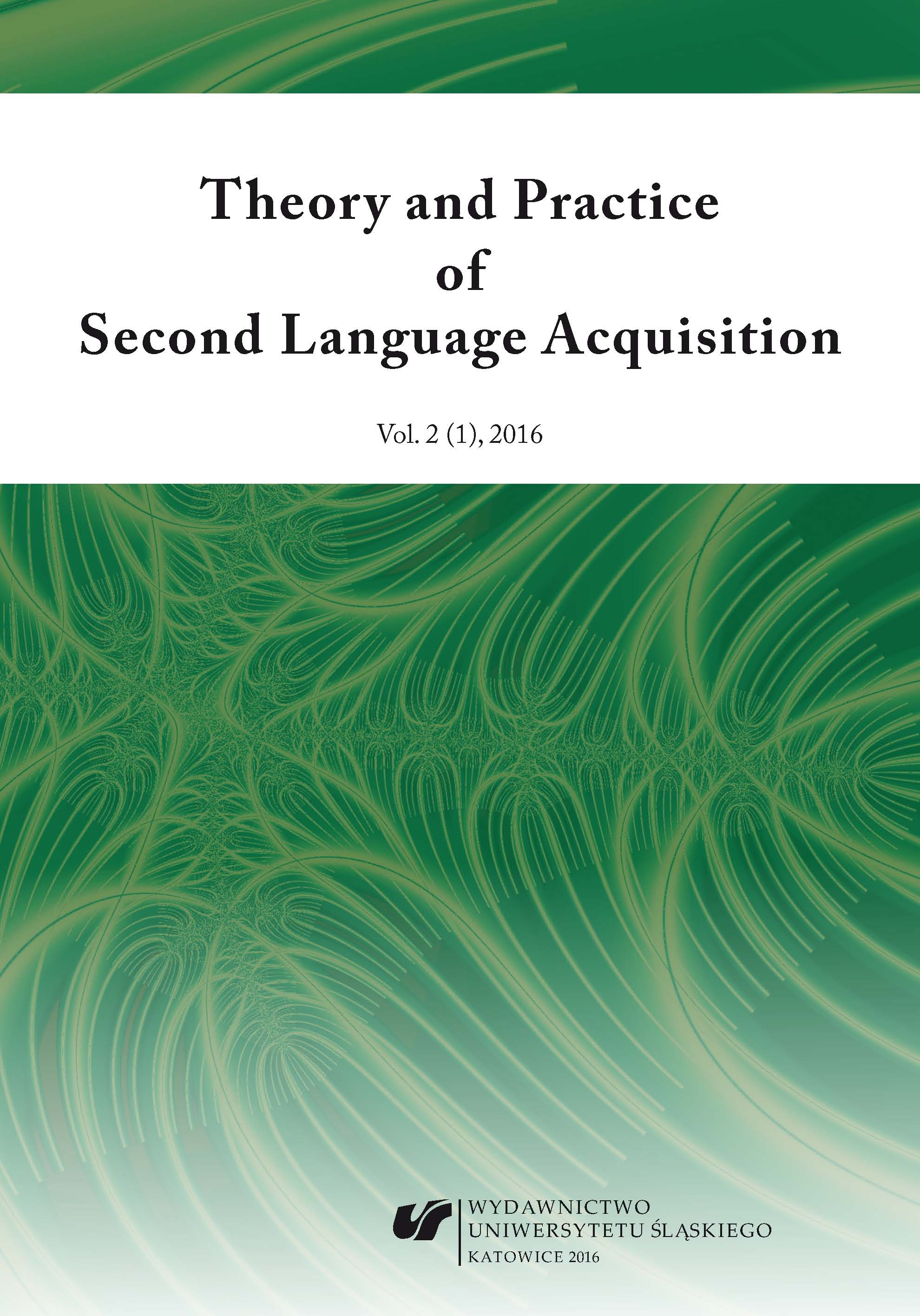The Age Factor in the Foreign Language Class: What Do Learners Think?
The Age Factor in the Foreign Language Class: What Do Learners Think?
Author(s): Simone E. Pfenninger, David SingletonSubject(s): Language and Literature Studies, Foreign languages learning, Theoretical Linguistics, Applied Linguistics, Language acquisition
Published by: Wydawnictwo Uniwersytetu Śląskiego
Keywords: starting age; language experience essays; learner beliefs; motivation; individual differences
Summary/Abstract: The present paper analyzes beliefs about the age factor of learners of English as a foreign language (EFL) with different starting ages (early vs. late starters), in different grades, that is, at the beginning (Year 7) and at the end of secondary school (Year 12) with different levels of EFL proficiency (high achievers vs. low achievers). The sample for the study was drawn from a larger sample of 200 secondary school students who were part of a longitudinal study, undertaken in Switzerland between 2008 and 2015. From this sample we selected 10 early starting high-achievers, 10 early starting low-achievers, 10 late starting high-achievers, and 10 late starting low-achievers. A qualitative analysis of language experience essays written at the beginning and at the end of secondary school revealed that learners with different starting ages, in different grades, and with different levels of proficiency displayed different beliefs about the age factor. The overall lack of age effect on FL achievement found in our previous studies may be explicable in terms of a number of affective factors (e.g., disengagement of the early starters due to language practices of the classroom) and contextual factors (e.g., transition from English in primary school to English in secondary school).
Journal: Theory and Practice of Second Language Acquisition
- Issue Year: 2/2016
- Issue No: 1
- Page Range: 7-23
- Page Count: 17
- Language: English

